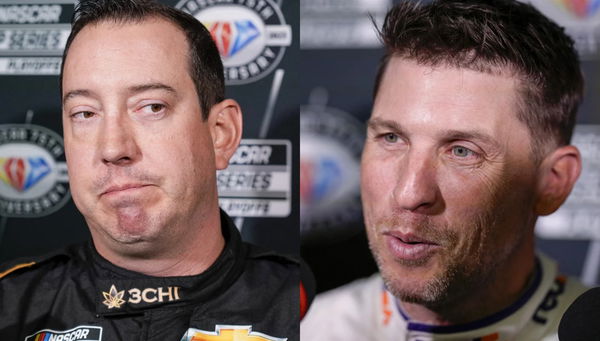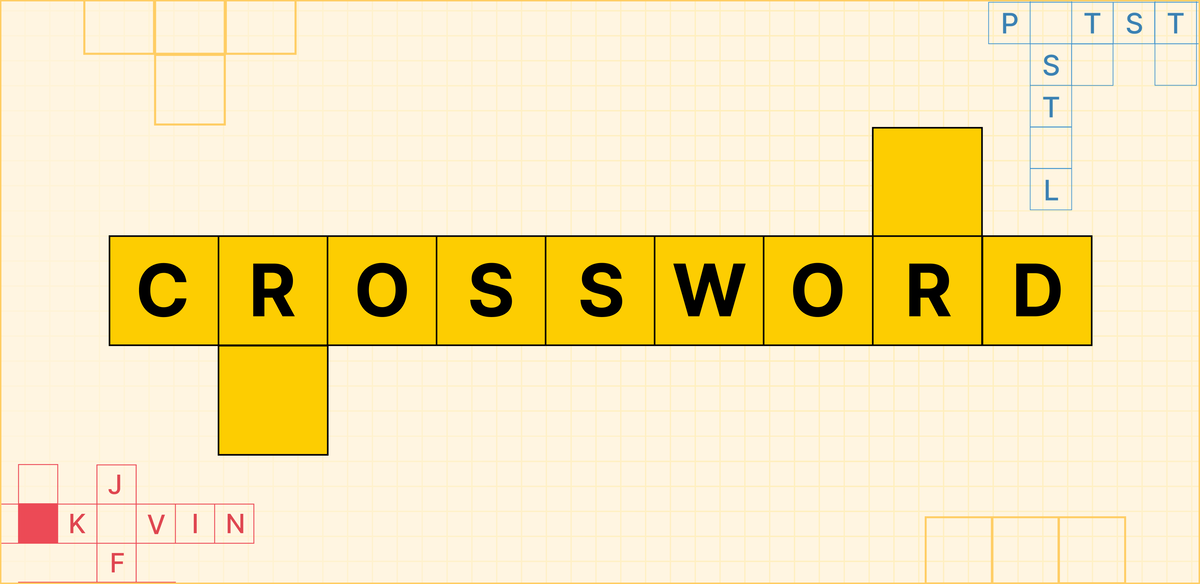
via Imago
Image Credits: Imago

via Imago
Image Credits: Imago
When it comes to short-track racing for years, Kyle Busch has been synonymous with success on this discipline. NASCAR’s short tracks combined with Busch’s skills, aggression, and driving craft has earned him 16 wins in the discipline, placing him among the sport’s most intimidating competitors in this format. However, since 2022, he has been missing the shot by a mile. Despite his pedigree, the 2x World Champion has failed to cross the checkered flag on a short track in his last 31 attempts, putting his record in jeopardy to Denny Hamlin.
The question arises in the mind of fans and analysts, whether this is just a temporary bad run of form or the start of a concerning trend for the two-time Cup Series champion.
Kyle Busch’s legacy of short-track dominance
ADVERTISEMENT
Article continues below this ad
Kyle Busch’s career over the years has been a testament to his versatility across a variety of tracks. But his short-track resume stands out as particularly impressive. Over the years, Busch has made his reputation as a supreme force on these compact, high-intensity circuits, where split-second decision-making is the most essential. From Bristol to Martinsville, Busch has repeatedly showcased his ability to adapt and win.
Before 2022, Busch’s short-track statistics reflected his dominance and he was miles ahead. But his recent slip-ups have put his record up for grabs for Denny Hamlin, who is currently dominating the format. Back then Busch consistently secured top finishes, leading laps and converting opportunities into wins. Since his debut, in 2005 he has had 49 top 5 finishes and 15 top 10s along with a whopping 16 clinical wins. However, the narrative has shifted drastically in recent seasons. In the past 17 short-track races, Busch has recorded no wins and only a single top-five finish which has the best finish #3. This state proves to be a stark contrast to his usual standards. His average finish during this period, 19.6, paints a troubling picture for a driver of his caliber.
So what exactly accounts for this decline? Some point to the challenges of adapting to the Next Gen car, which debuted in 2022. And at the other side, some blame Kyle’s shift from Toyota to Chevrolet. In the case of Next-Gens, the focus on lowering competitive parity has leveled the playing field, making it harder for even the most skilled drivers to dominate as they once did. For Busch, this transition coincided with his move to Richard Childress Racing (RCR) in 2023, a shift that brought its own set of adjustments.

via Getty
INDIANAPOLIS, INDIANA – JULY 20: Kyle Busch, driver of the #8 Cheddar’s Patriotic Chevrolet, waits on the grid during qualifying for the NASCAR Cup Series Brickyard 400 at Indianapolis Motor Speedway on July 20, 2024 in Indianapolis, Indiana. (Photo by James Gilbert/Getty Images)
Kyle Busch’s move to RCR marked a significant pivot in his career, ending a 15-year successful run with Joe Gibbs Racing. While the partnership with RCR has gotten him success in other formats, notably, his three wins during the 2023 season, the success is yet to translate into short-track dominance. Adjusting to a new team’s systems, crew and strategies is no easy task, especially for a driver accustomed to a specific way of operating.
To add more to his troubles, the Next Gen car has introduced new challenges on short tracks. With its much more symmetrical and boxy design, independent rear suspension, and reduced horsepower, the car has basically altered the skill aspects of short-track racing. Drivers have noted that the car’s handling, particularly in tight corners, now demands a different approach. For Busch, who built much of his success on his ability to extract maximum performance from a traditional stock car, this adjustment has proven difficult.
Adding all these factors becomes the perfect recipe for his short-track hardships. Drivers like Denny Hamlin, Kyle Larson, and Christopher Bell have stepped up their short-track game, consistently finishing first at the checkered flag. And now Hamlin is just 2 wins behind with 14 from Busch’s 16-win record. Meanwhile, younger talents like William Byron and Ryan Blaney have also made their presence felt, adding further depth to an already competitive field. In this environment, Busch’s struggles stand out even more in retrospection.
ADVERTISEMENT
Article continues below this ad
Kyle Busch’s roadmap to redemption
Trending
In the case of Kyle Busch, despite the recent setbacks, it would be immature to count him out as of now. Only a few drivers possess his combination of talent, experience, and determination. While the numbers are concerning with an average finish of 19.1 over 17 races with just one top-five finish, they do not tell the whole story. Busch’s ability to adapt has been the highlight of his career, and there is no reason to believe that he can’t turn things around.
The key to his comeback will be his ability to understand and unlock the potential of the Next Gen car on short tracks. Busch and his team at RCR must work their setups to better suit his driving style. Additionally, Busch’s strategic acumen, forged over nearly two decades in the sport, remains a valuable asset.
ADVERTISEMENT
Article continues below this ad
Another factor working in Busch’s favor is his wild competitive spirit. There is a reason he called Rowdy, that is for his fiery demeanor and relentless driving. Busch thrives on proving his doubters wrong. If he can channel this energy into his on-track performances, a return to victory lane on a short track may be closer than many expect.
Have something to say?
Let the world know your perspective.

Challenge Your Sports Knowledge!
Solve the puzzle and prove your knowledge of iconic players, terms, and moments.
Debate
Has Kyle Busch lost his short-track magic, or is a comeback just around the corner?








What’s your perspective on:
Has Kyle Busch lost his short-track magic, or is a comeback just around the corner?
Have an interesting take?